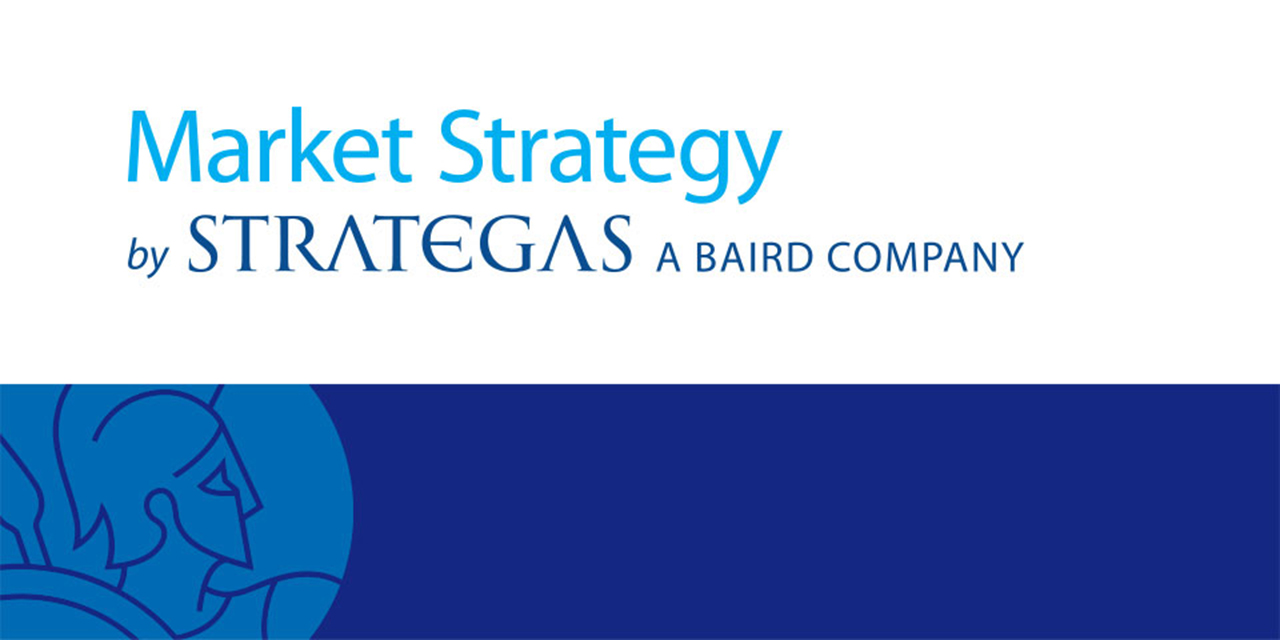
Unpacking What It Means To Be a Fiduciary
What Is a Fiduciary?
The Investment Advisors Act of 1940 established that investment advisors have a “fiduciary duty” to their clients. While the definition of that fiduciary standard has evolved in case law over the years, it’s commonly understood to mean that anyone offering professional investment advice is legally obliged to make recommendations that place the interests of the client ahead of their own and provide full disclosure of any conflicts of interest. Any firm or Financial Advisor who offers ongoing investment advice is legally required to live up to this standard.
But that’s not the end of the story.
The truth is, while thoughtful, proactive wealth management begins with sound investment advice, it doesn’t necessarily end there. Baird Financial Advisors can also provide brokerage services – services that fall outside the fiduciary standard but that can still play a vital role in achieving your financial goals. Working with a Financial Advisor you trust – one who understands you and your circumstances well enough to recommend advisory solutions, brokerage solutions, or both – can help create the future you want in the way that’s just right for you.
What Does Your Financial Advisor Do for You?
A Financial Advisor can serve as an investment advisor, a broker or a combination of the two:
- An investment advisor, as defined by The Investment Advisors Act, is any person or firm engaged in the business of providing advice or analysis regarding securities. At Baird, a Financial Advisor who provides ongoing account monitoring and proactive investment recommendations for an asset-based fee in one of our advisory programs is considered an investment advisor – and, as discussed above, would be required to adhere to the fiduciary standard. Investment advisors are typically compensated for their advice and paid a fee based on the value of the account versus a commission paid on each transaction.
- A broker refers to a person or firm that can buy and sell securities on behalf of someone else. Brokerages are not currently required by law to act as a fiduciary, though any recommendations they make must satisfy a best-interest standard of care. In a transactional, non-fiduciary “brokerage” relationship where the advice is considered incidental, brokers are compensated with a commission based upon the transaction versus an asset-based fee.
This distinction between investment advisor and broker is important because of the types of services offered. There are times when the solutions offered by an investment advisor – even as a fiduciary – might not the best ones for the client, especially when compensation and needed services are considered.
The Inflexibility of the Fiduciary-Only Business Model
A downside to an exclusively fiduciary relationship is its rigidity: If a Financial Advisor serves purely as an investment advisor in all instances, they are limited in the kinds of solutions they can bring to help their clients navigate their goals – and the client’s choices become limited in turn.
For example, let’s say you’re a buy-and-hold investor, where you buy securities with the intention of holding onto them for a long period of time without needing ongoing investment advice and (hopefully) having them appreciate in value. With this strategy in mind, you might choose not to make a lot of trades. If you employ this strategy within an advisory relationship structure, you could end up paying for for ongoing, proactive advice you don’t need on trades you’re not making. It’s not violating the obligations of the fiduciary – it’s just that the advisory model might not be a good fit for an investor with this kind of strategy. In this case, you might be better suited by a brokerage model, where the fees are based on the few trades you make. (Note that the reverse is just as true: If you prefer active portfolio management, rebalance your portfolio often and could benefit from ongoing advice, you would likely be a far better fit for an advisory relationship than a brokerage.)
That’s why when choosing to partner with a financial advisor, the kind of practice they have and the services they offer are incredibly important. Baird Financial Advisors have the flexibility to offer both advisory and brokerage solutions – whichever best fits the needs of the client. In fact, many of our clients use both advisory and brokerage solutions side-by-side as part of an advisory-centric (but not exclusive) relationship with their Financial Advisors.
It’s All About Trust
Ultimately, it comes down to the personal relationship you have with your advisor. If you can rely on them to put your interests ahead of their own – without being mandated by the SEC to do so – then it might make sense to work with a Financial Advisor who can recommend advisory when it makes sense and recommend brokerage when it makes sense. This relationship would incorporate advantages from both positions – the transparency and commitment of the fiduciary relationship as well as the flexibility to choose from advisory or brokerage solutions
When Robert Wilson Baird founded Baird more than 100 years ago, it was with the maxim, “honesty in our business dealings and integrity in everything we do.” We’ve maintained a clients-first philosophy since 1919 – and that includes giving our clients as much flexibility and choices as possible in pursuit of their financial goals, without having to pigeonhole them into a relationship model that isn’t right for them. Your Baird Financial Advisor can work with you to determine which solutions – and financial relationship – are best for you.



The information offered is provided to you for informational purposes only. Robert W. Baird & Co. Incorporated is not a legal or tax services provider and you are strongly encouraged to seek the advice of the appropriate professional advisors before taking any action. The information reflected on this page are Baird expert opinions today and are subject to change. The information provided here has not taken into consideration the investment goals or needs of any specific investor and investors should not make any investment decisions based solely on this information. Past performance is not a guarantee of future results. All investments have some level of risk, and investors have different time horizons, goals and risk tolerances, so speak to your Baird Financial Advisor before taking action.